

ACE-FUELS is an acronym for the African Center of Excellence in Future Energies and Electrochemical Systems, domiciled at the Federal University of Technology Owerri, Nigeria. It was set up primarily to fill a growing education, skills and information gap in the field of renewables and other clean energy sources within the sub region and in this way address the regional development challenge of poor availability and access to energy.
The center focuses on four core areas of discipline namely; Clean and Future Energy, Electrochemical Systems, Nanotechnology and Corrosion Technology, which complement each order and prioritizes research and development; knowledge sharing and dissemination; community education, technical skills and capacity development.

“TEA@SUNRISE will enable sustainable, affordable solar photovoltaics (PV) to be manufactured locally in countries in Africa, Asia, and the Indo-Pacific”.
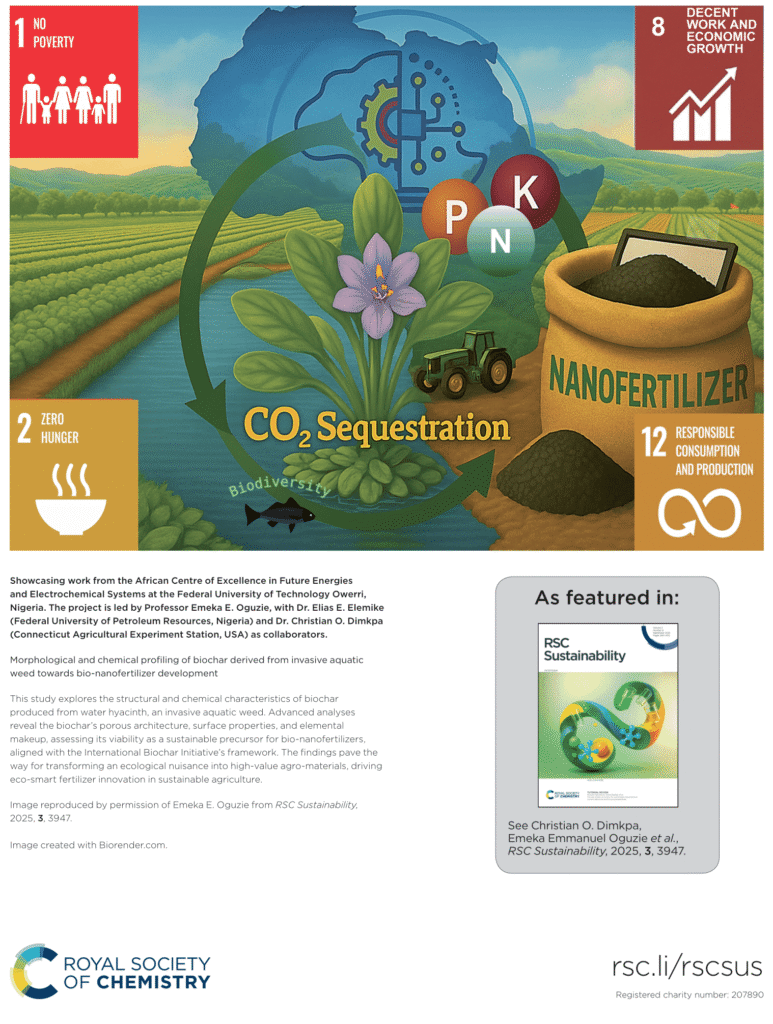
This study explores the structural and chemical characteristics of biochar produced from water hyacinth, an invasive aquatic weed. Advanced analyses reveal the biochar’s porous architecture, surface properties, and elemental makeup, assessing its viability as a sustainable precursor for bio-nanofertilizers, aligned with the International Biochar Initiative’s framework. The findings pave the way for transforming an ecological nuisance into high-value agro-materials, driving eco-smart fertilizer innovation in sustainable agriculture
The accreditation by HCERES is a testament to the quality and integrity of the Centre’s programmes; it is a certification that the Centre’s programmes are of high international standards. We are poised to continue to improve the quality of education, training, and research offered at the Centre.
Starting from the 2025/2026 Session, ACE-FUELS masters student will be taking three brand new courses adapted from the TEA-LP Work Package I.
The courses are “to provide local graduates with the high-level knowledge, skills, and competencies to contribute effectively to the sustainable delivery of clean energy access in their countries.”
ACE-FUELS is currently admitting students for the 2025/2026 session commencing in January 2026, with financial support, waivers, and scholarships.
Researchers at the Africa Centre of Excellence in Future Energies and Electrochemical Systems (ACE-FUELS) are using novel combinations of computational and experimental techniques to develop next generation solar PV cells. According to the Centre Leader, Prof. Emeka E. Oguzie, the PV research projects have two key goals; to enhance the efficiency of existing PV technologies, and secondly and more importantly, to develop strategies for local production of next generation solar cells, from readily available resources. The projects rely on a combination of experimental and computational facilities at the ACE-FUELS General Purpose Research Laboratory.
Computational Modelling of Modified Chromen-2-One-Based Dye-Sensitized Solar Cell: ACE-FUELS researchers are working hard to establish how the photovoltaic conversion efficiency (PCE) of dye-sensitized solar cells (DSCs) can be enhanced with metal-free organic sensitizers, considering their easily adjustable optical characteristics and environmental compatibility. According to Prof. Oguzie, there are a lot of real-world benefits of using dye-sensitized solar cells as technically and financially viable substitutes for p-n junction photovoltaic devices. “We are specifically examining the geometrical, photophysical, and electrical characteristics of coumarin-based dyes, together with the impact of doping, co-adsorbents, additives, and strong electron-withdrawing groups,” the lead scientist said. “To study the dyes theoretically, density functional theory (DFT) and time-dependent density functional theory (TDDFT) methods are being employed.

A red shift absorption is expected, which will improve the light-capturing and electron injection capability of the dye, thereby increasing its efficiency and commercialization potential of Chromen-2-one-Based Dye-Sensitized Solar Cells.
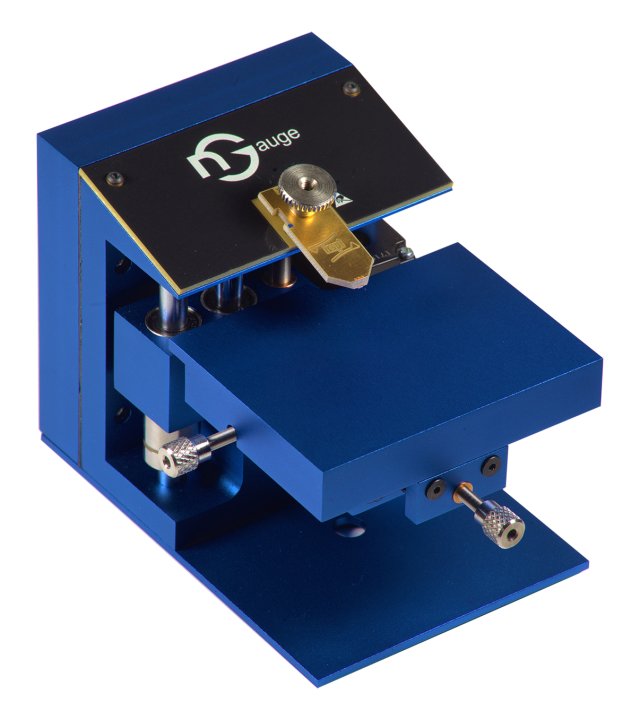
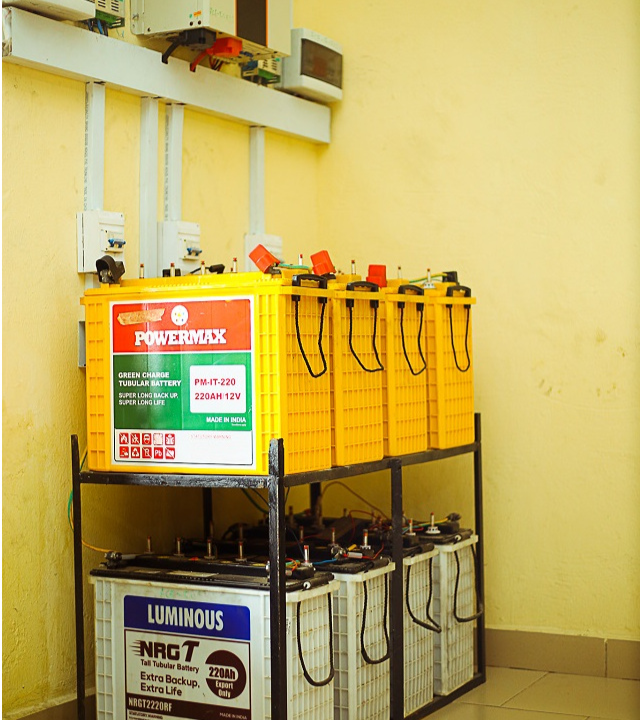


We are currently accepting applications for the 2025/2026 academic session. We invite you to explore our MSc and PhD programmes:

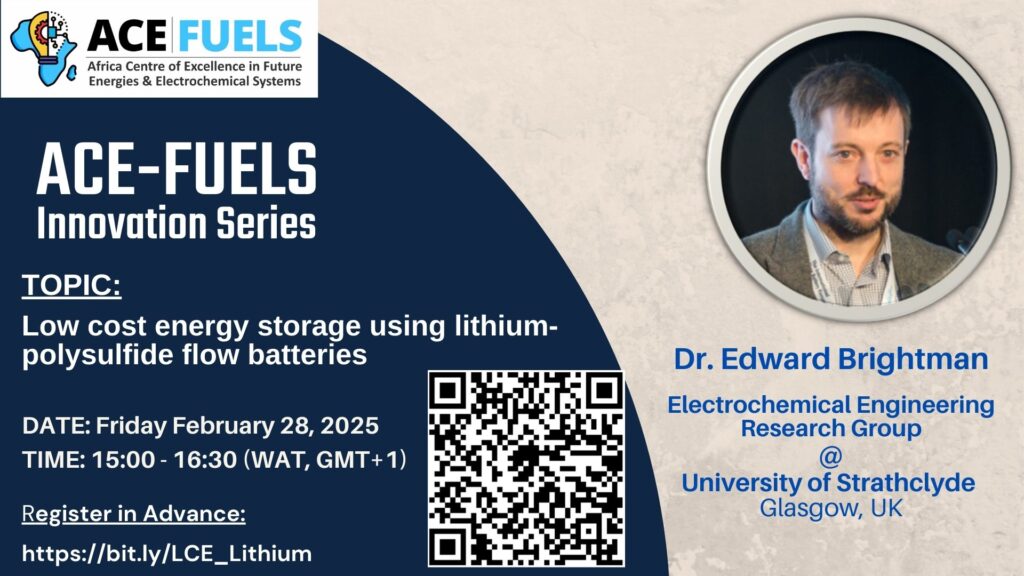
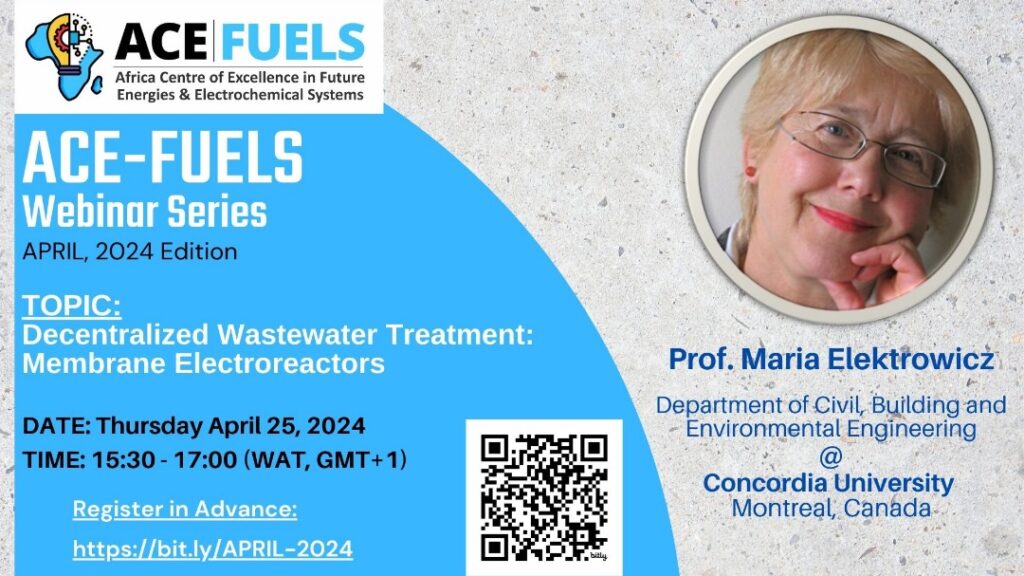

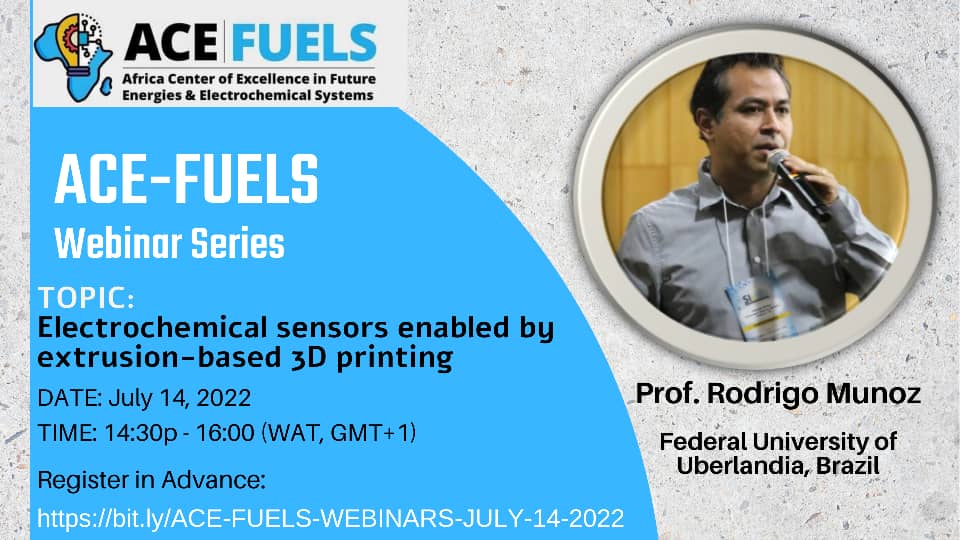
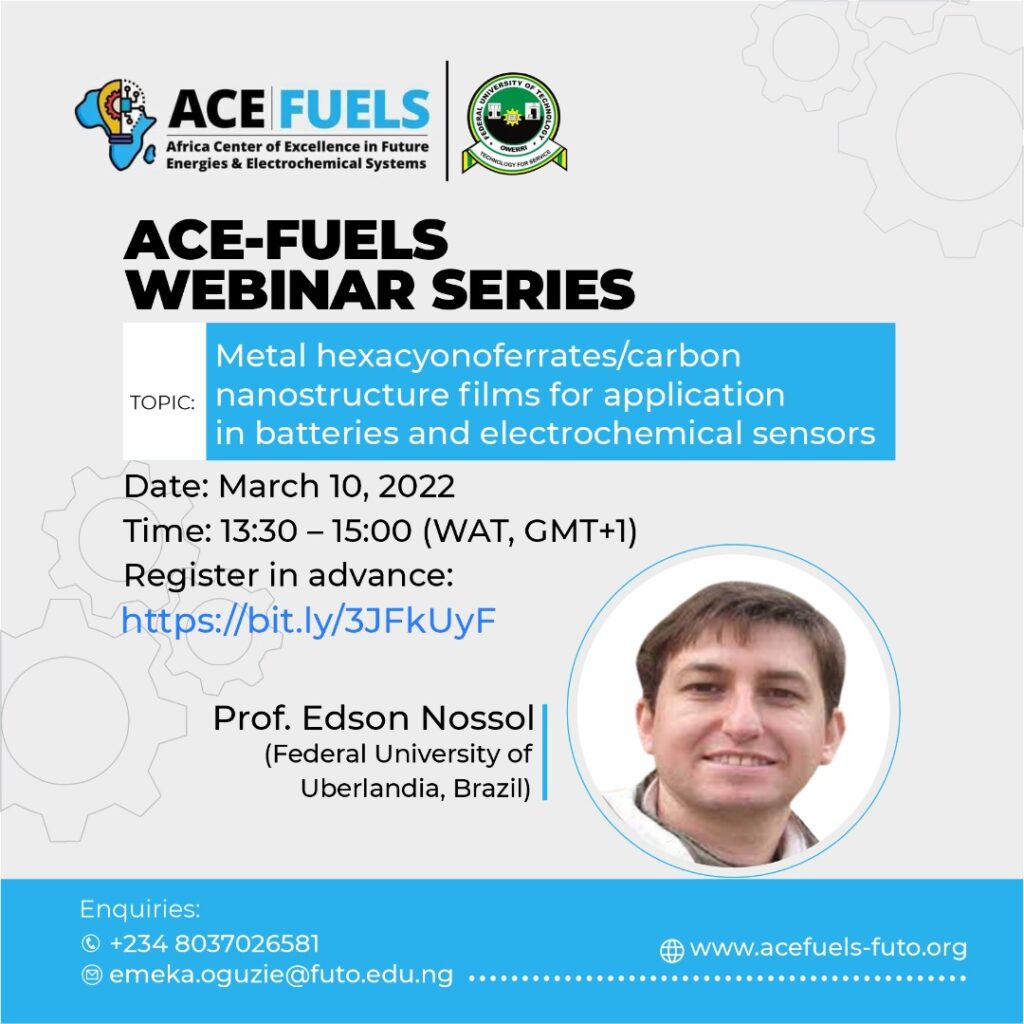
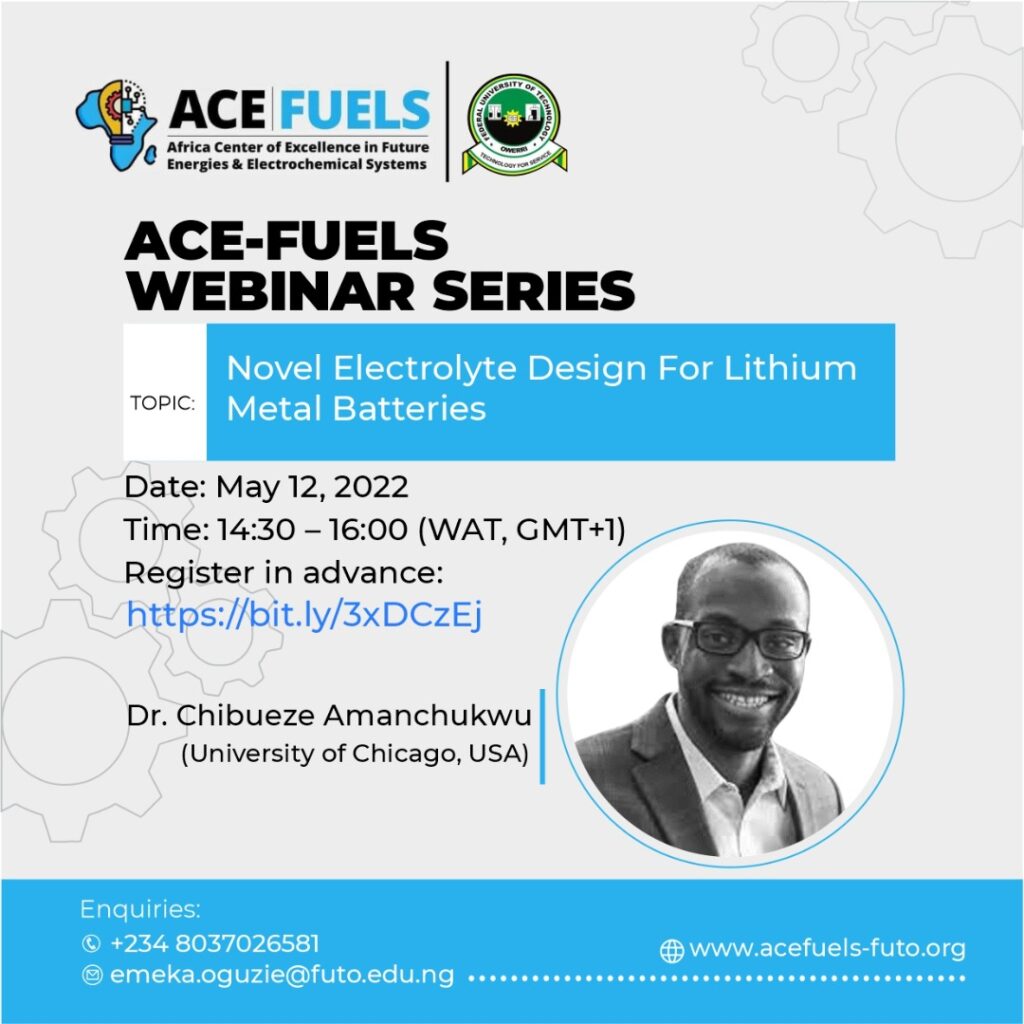
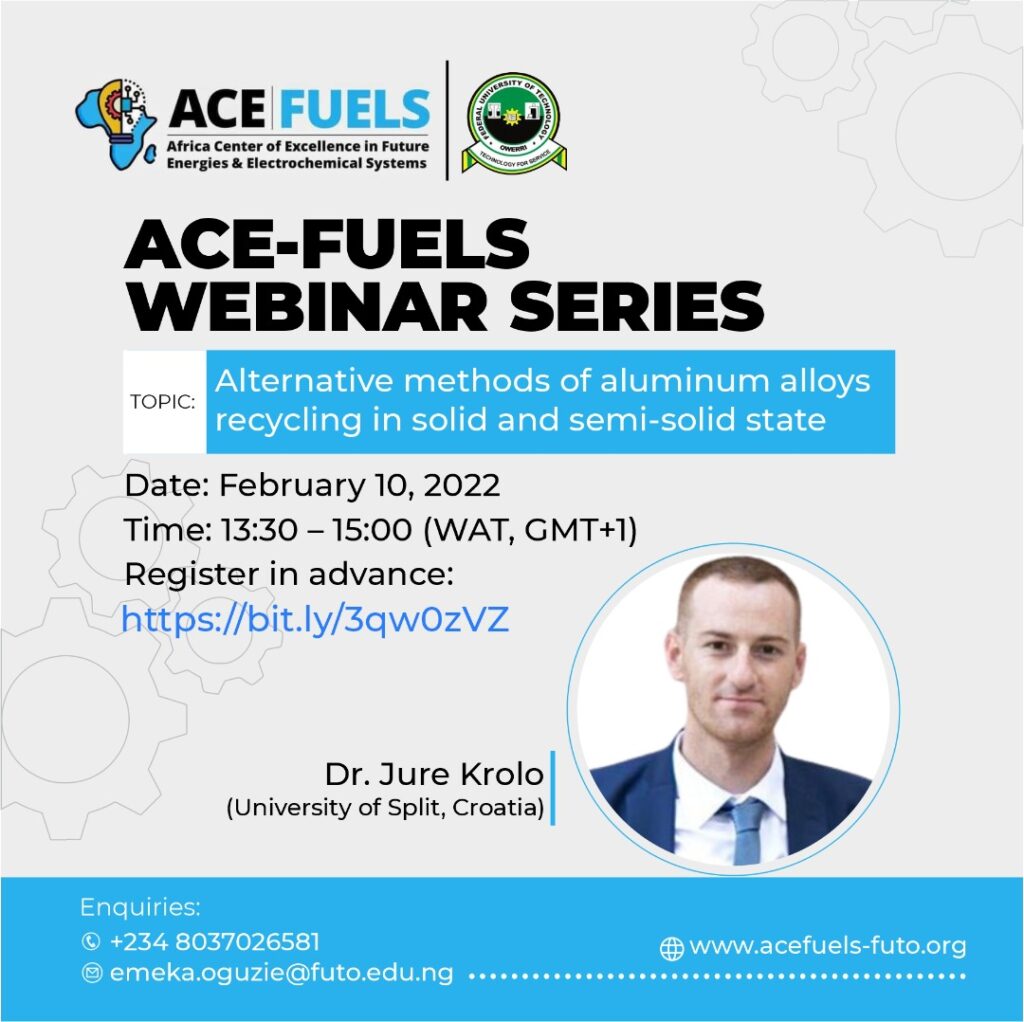
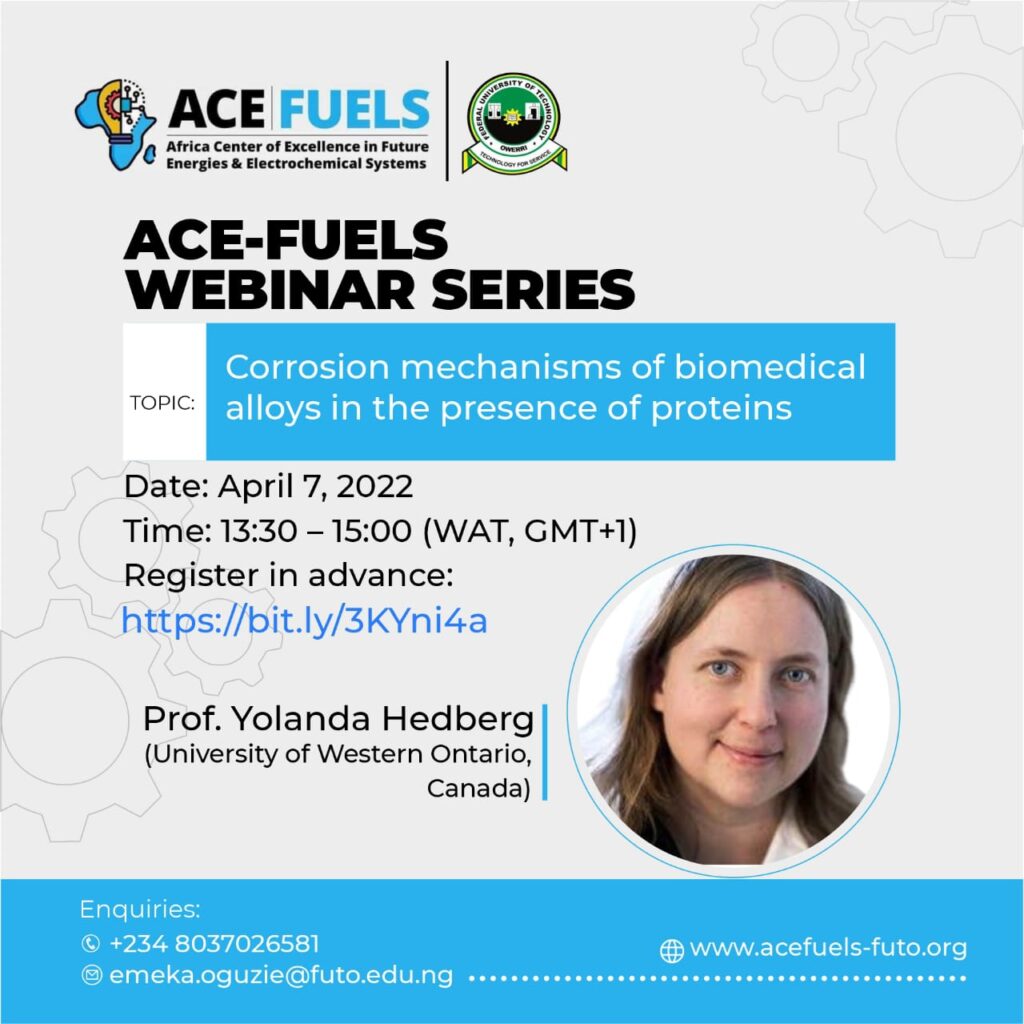
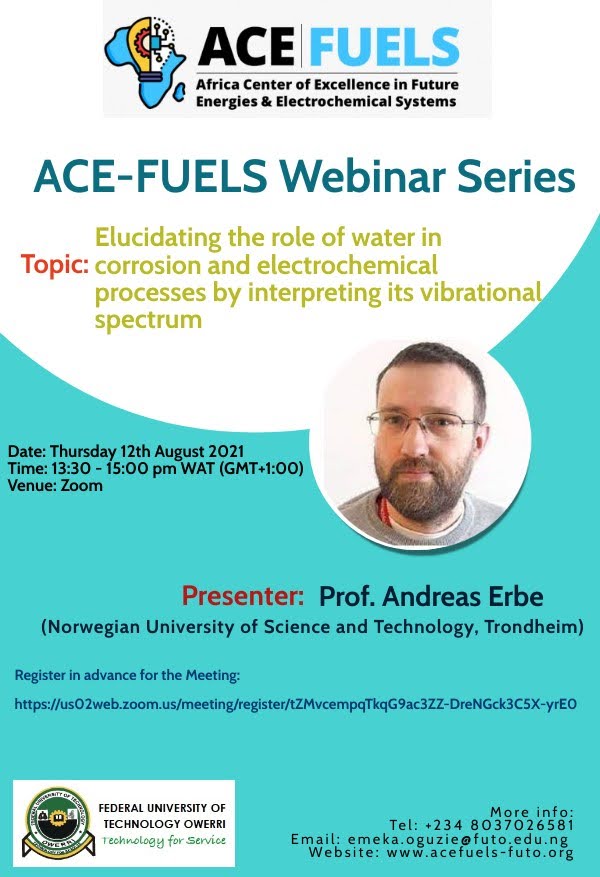
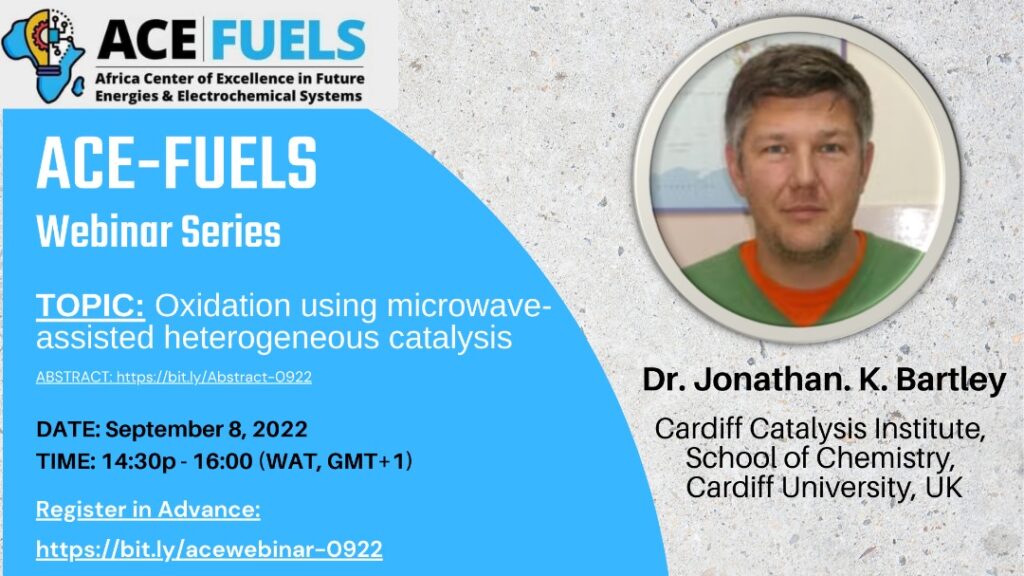
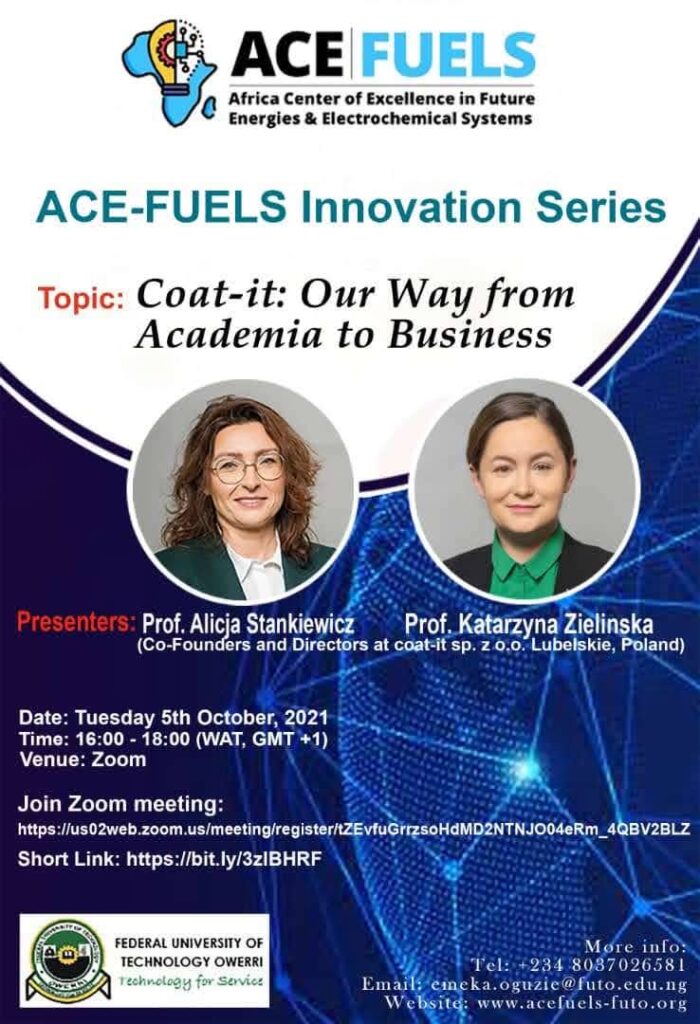
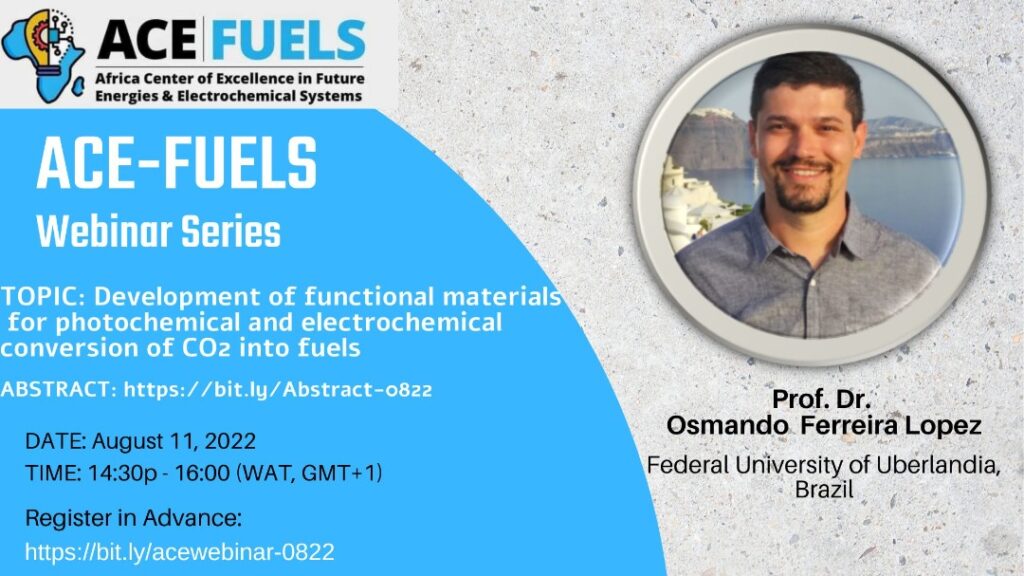
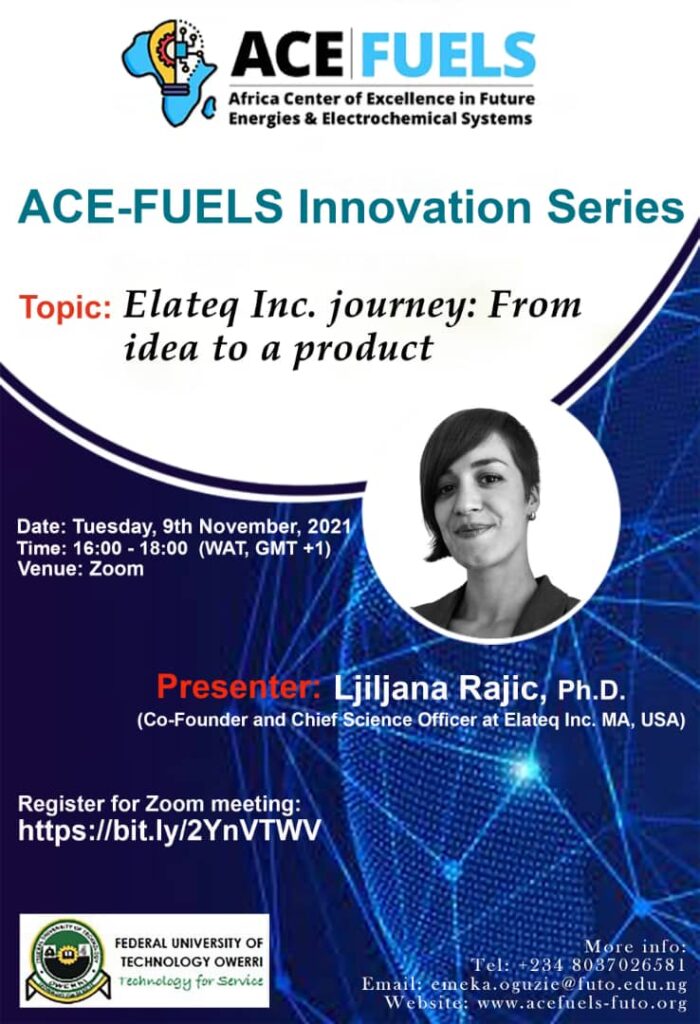
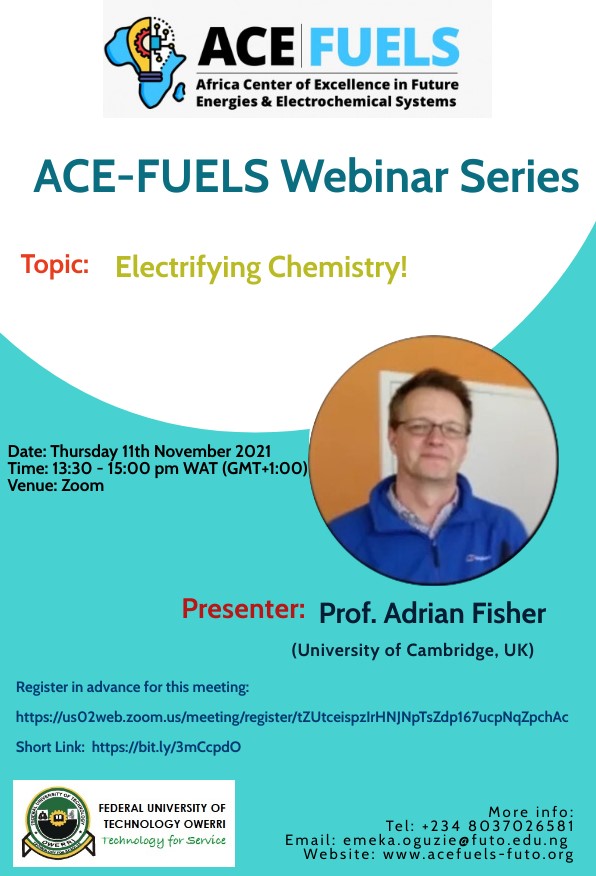
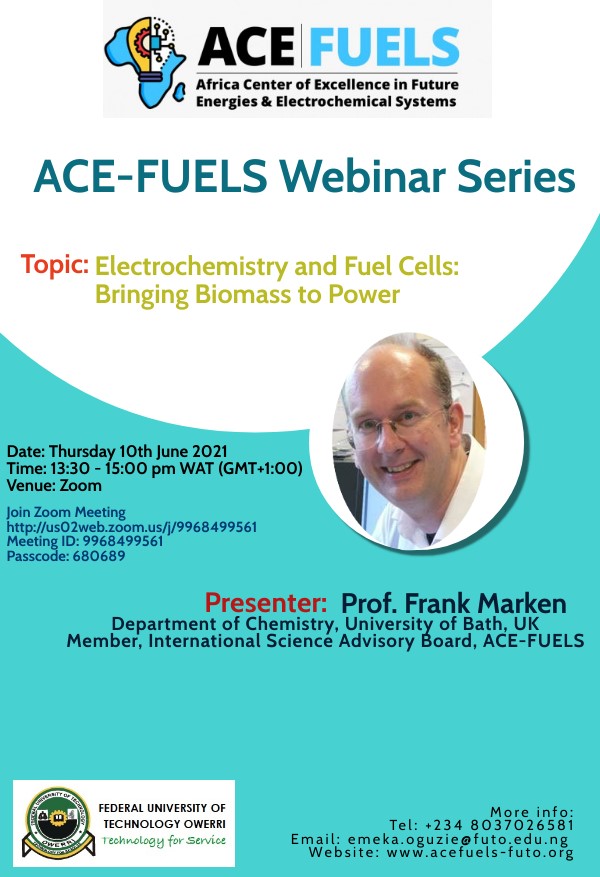
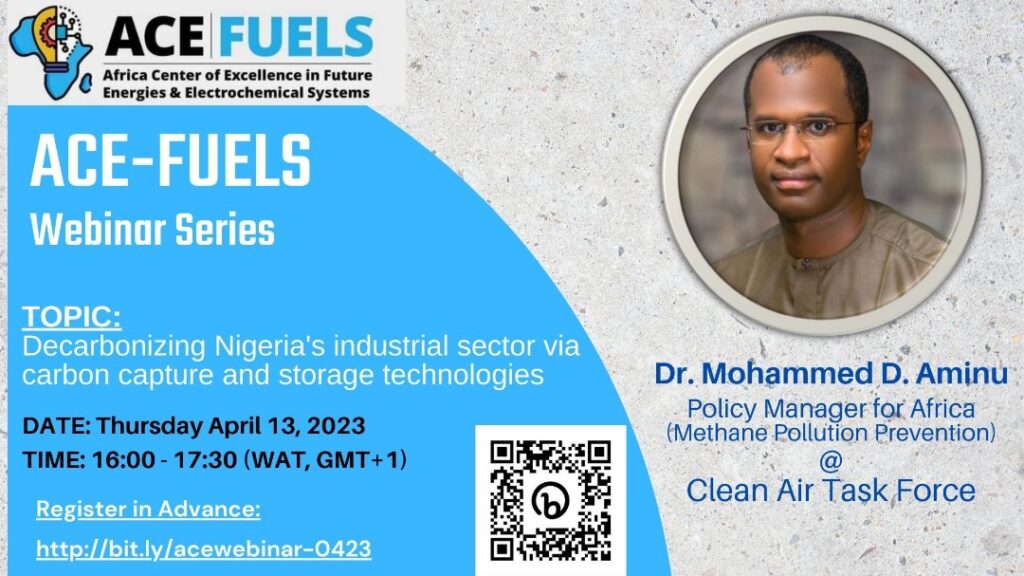
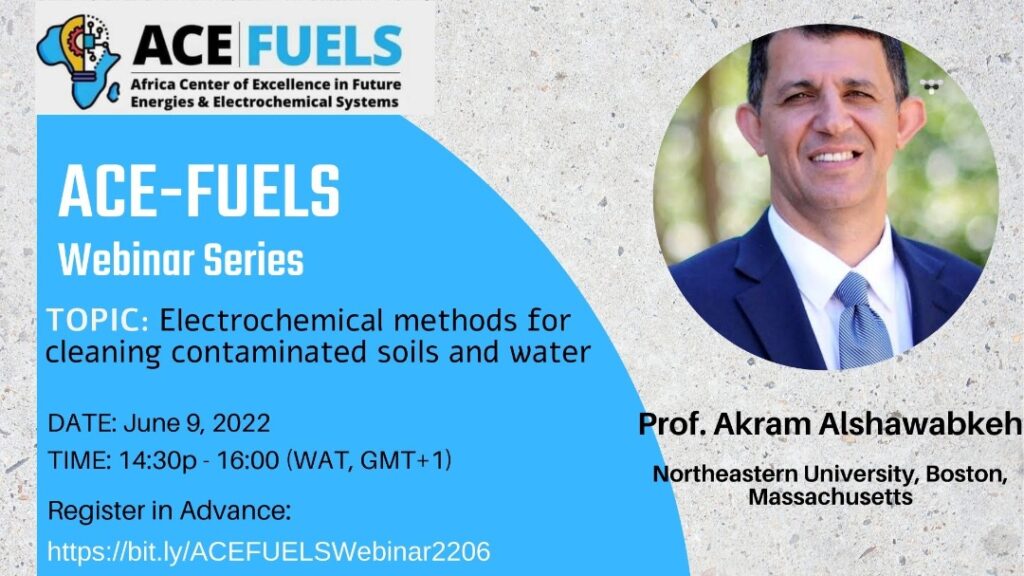
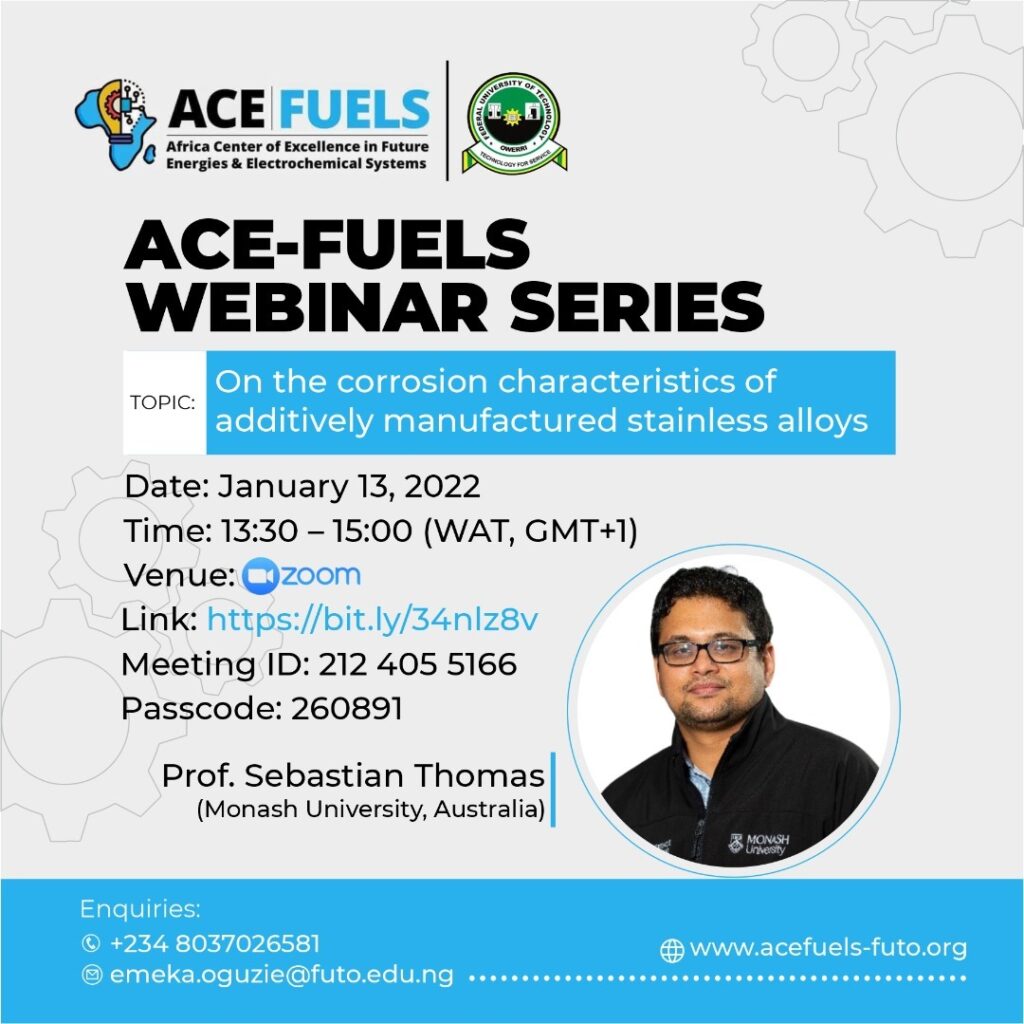
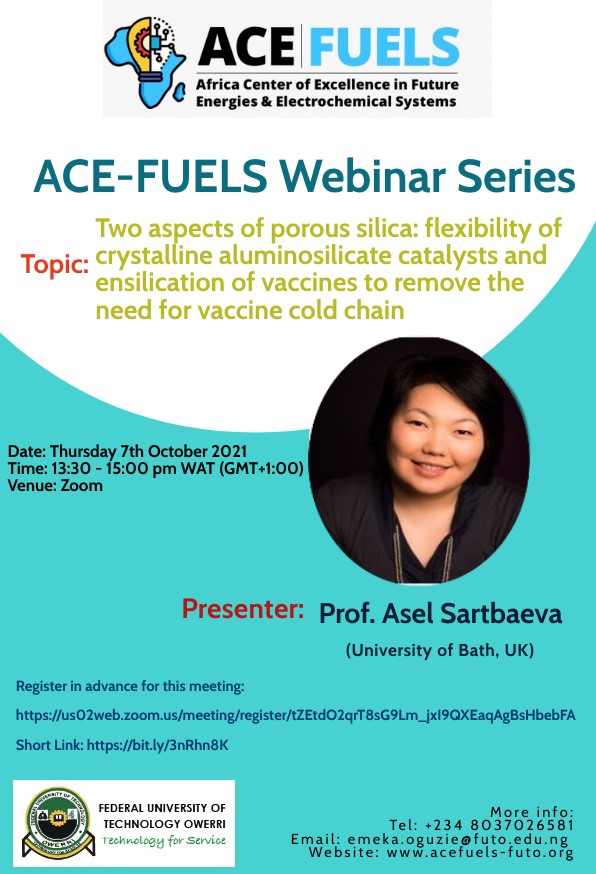
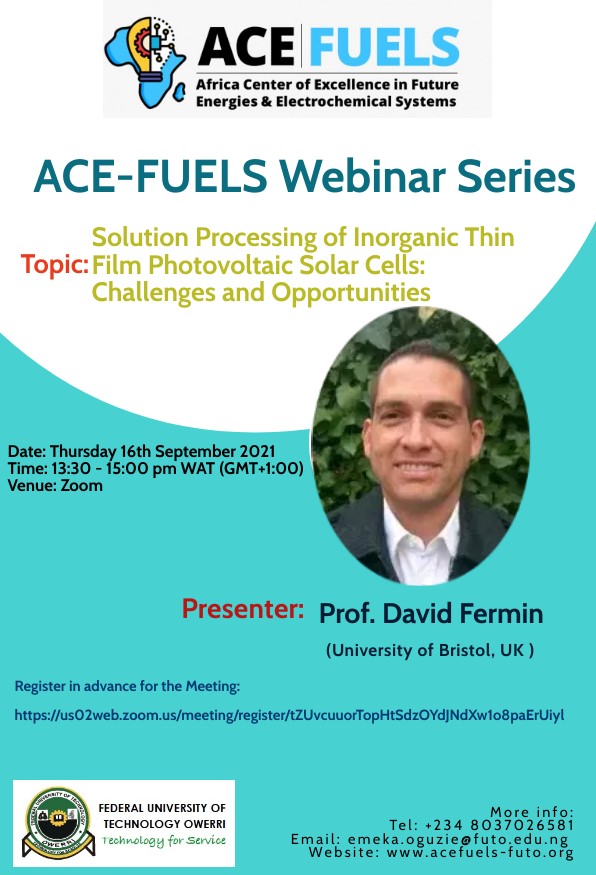
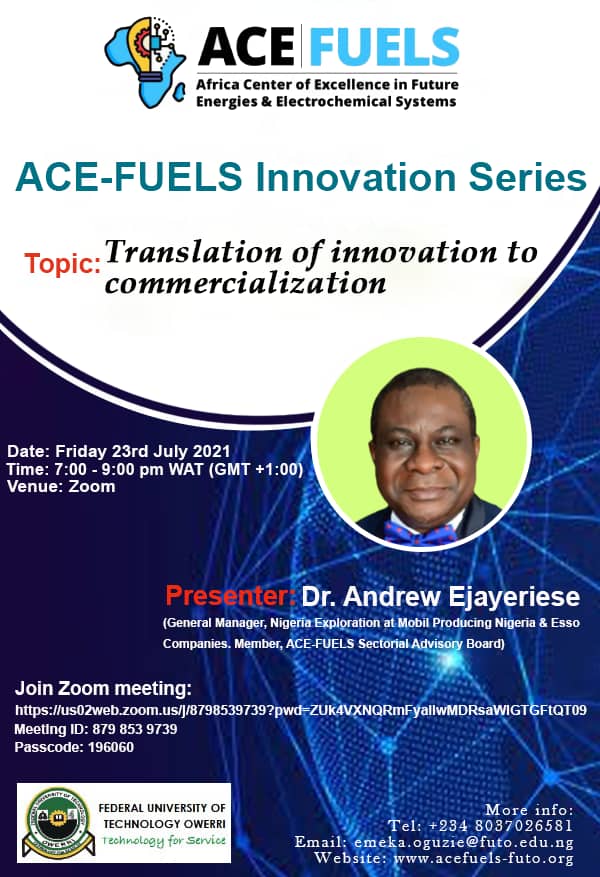
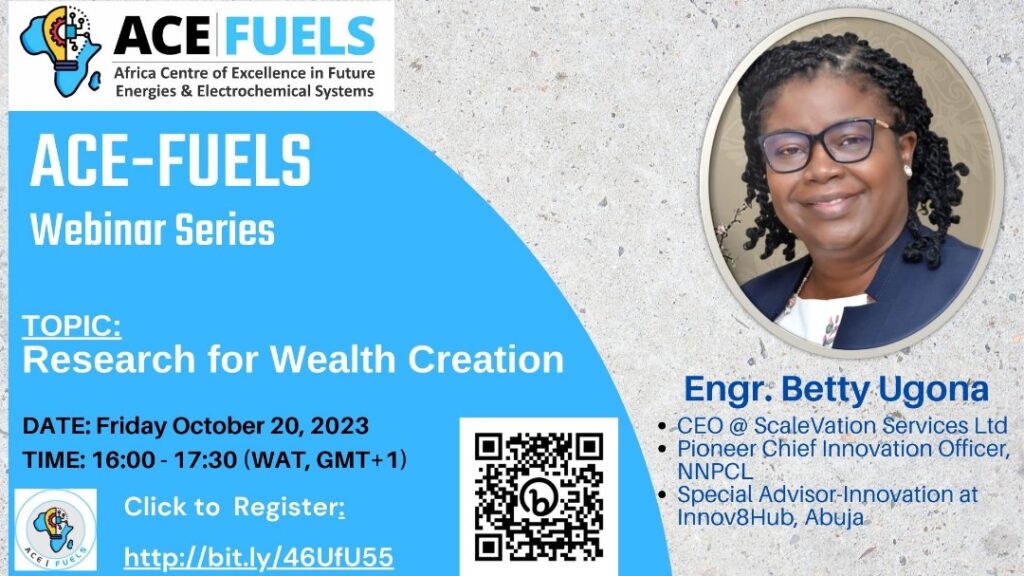
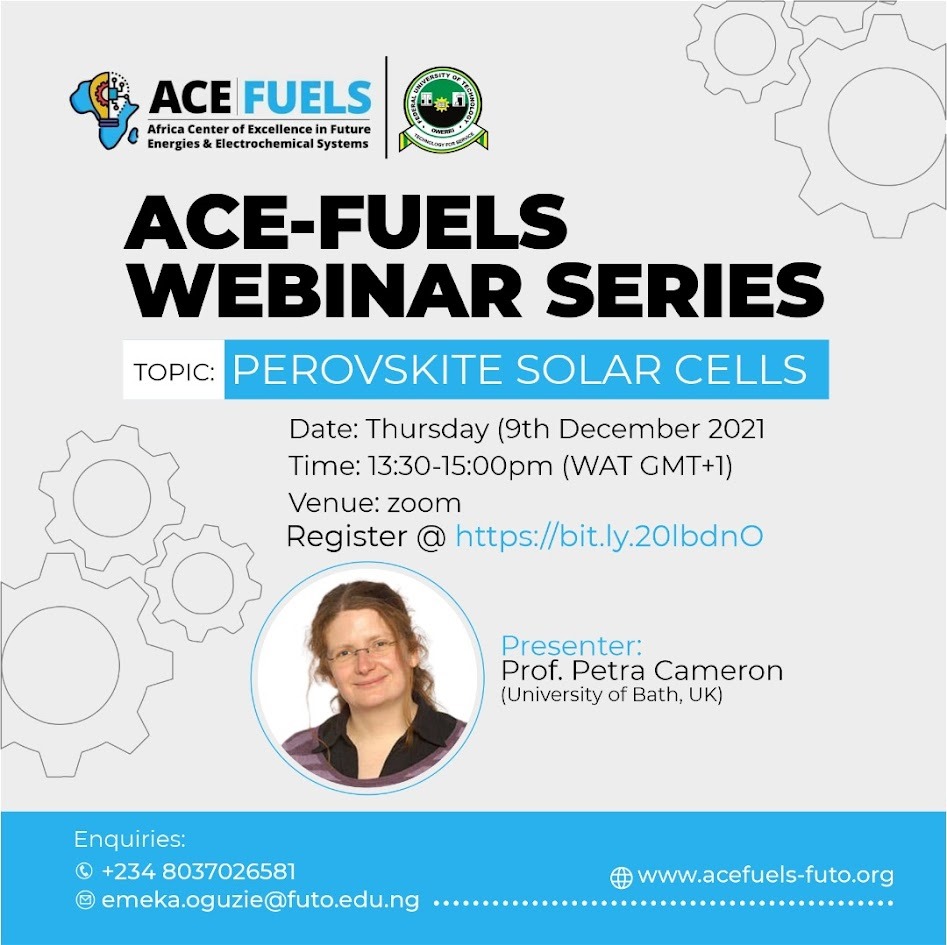
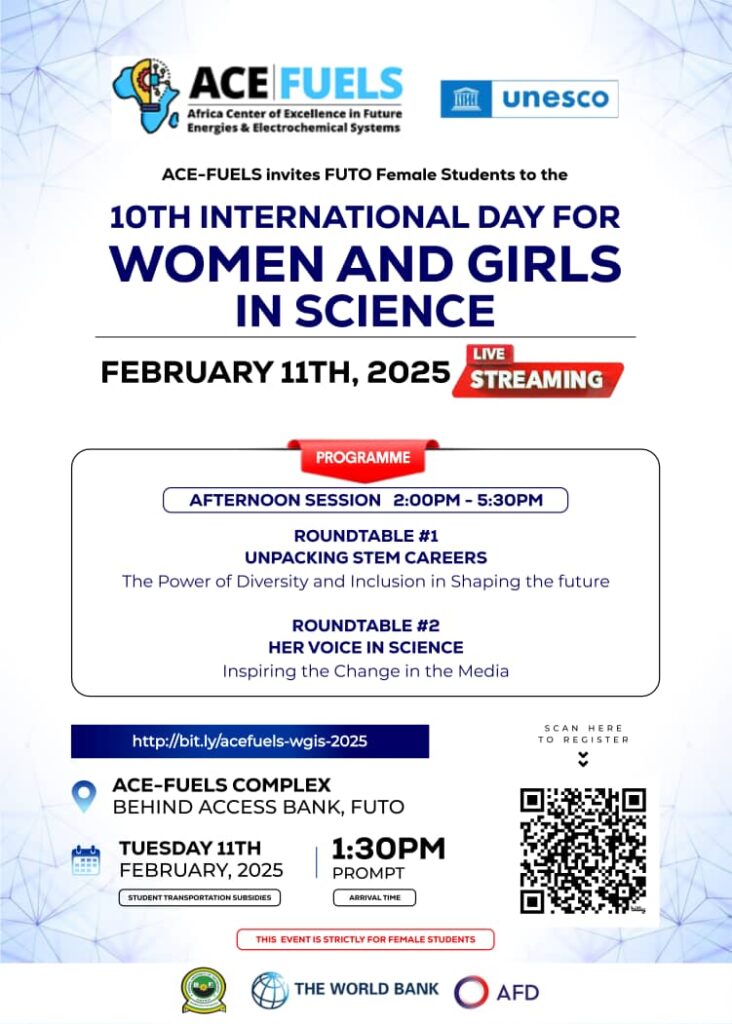

Yes. participants are very free to enrol in a single course
A course participants is eligible for a refund if the application for cancellation is received two weeks before the commencement of the course/training.
Foundational/technical knowledge and awareness of the subject is necessary for optimal benefit.
No. Each course will contain an introductory section and will be independent of other courses.
Depends on the instructors. Some courses are face-to-face classroom sessions, some are online courses and some are delivered via a blended learning approach (i.e. a combination of class room “face-to-face” and e-learning)

Can’t find the answer to your question from the FAQs? You can contact us directly and ask your question. Our team will get back to you within 24 hrs.